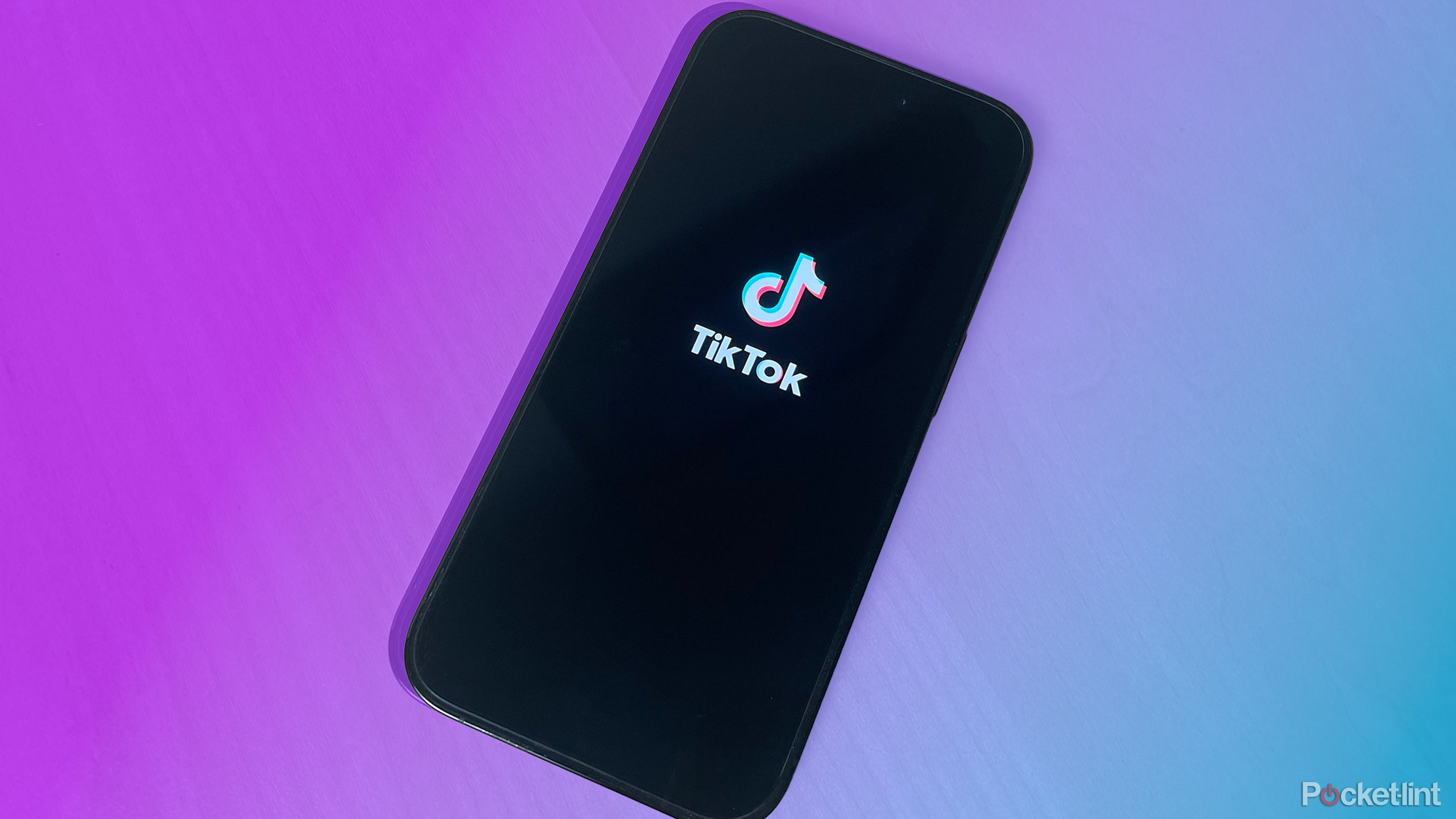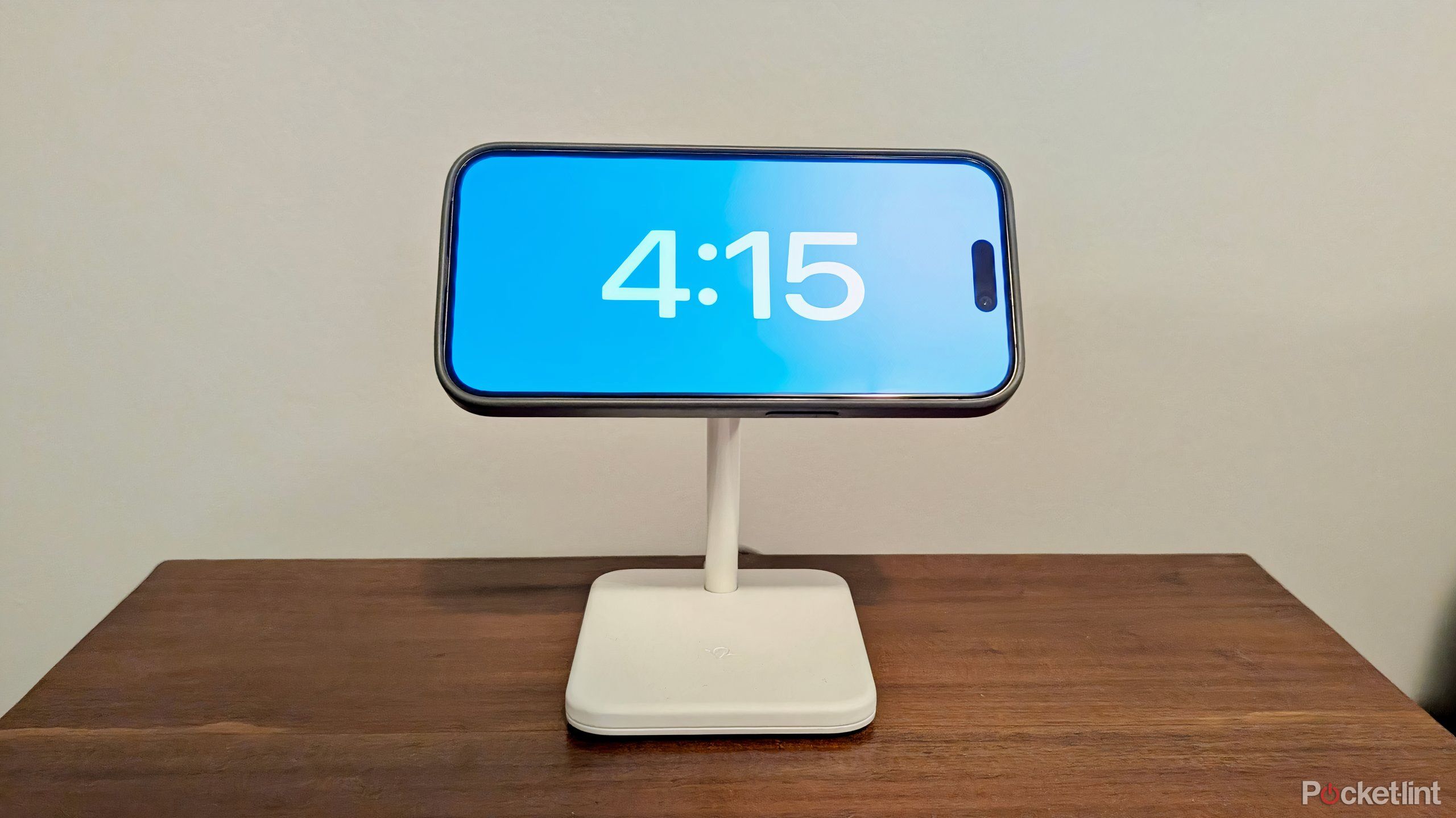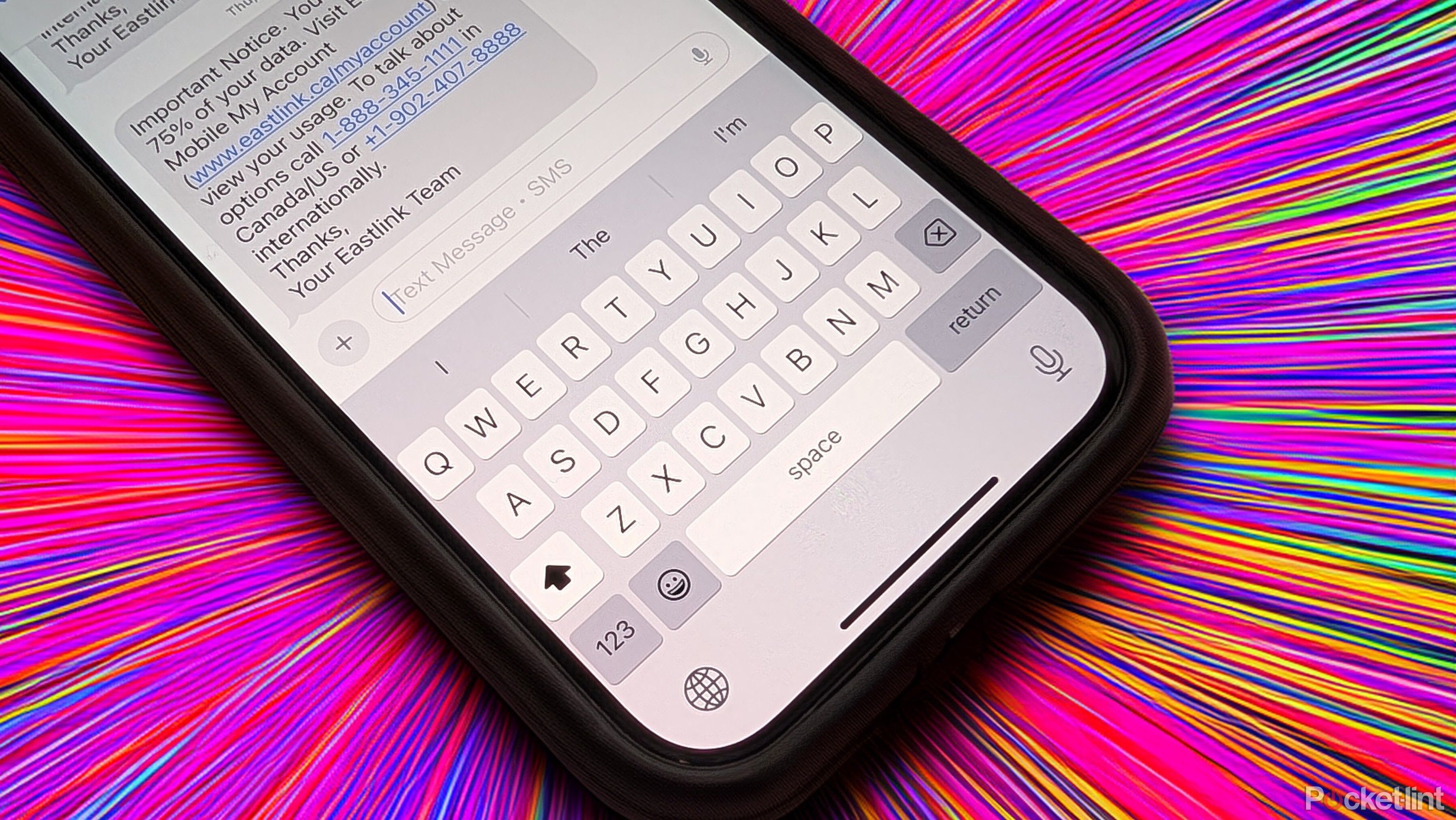Microsoft launches free generative AI skill training course: All you need to know
While tech leaders and academics are still exploring the implications of generative AI, it has attracted many organisations across the globe who are incorporating it into their workforce. However, the workers lack the skills required for its implementation. Keeping this in mind, Microsoft has introduced a new program to train workers on AI.
“We are launching a new AI Skills Initiative to help people and communities around the world learn how to harness the power of AI,” Kate Behncken, Corporate Vice President, Microsoft Philanthropies said via LinkedIn.
The program will provide free courses through LinkedIn, with certification. The courses will cover basic concepts of AI, such as responsible AI frameworks, and award a certificate to those who pass the assessment.
The Generative AI Professional Certificate is offered in English and will be available in other languages, including Spanish, Portuguese, French, German, Simplified Chinese, and Japanese, on LinkedIn Learning in the next few months.
This coursework is part of six other Career Essentials Professional Certificates that Microsoft’s Skills for Jobs program offers, and it will be free and accessible until 2025.
Microsoft also introduced a toolkit for teachers, trainers, and facilitators who play a key role in providing skilling resources and training to local communities. The toolkit will have downloadable, short content for trainers, such as a new AI course designed for educators by Microsoft Education and content on the practical uses of AI.
What else?
Microsoft has also announced the launch of the Generative AI Skills Grant Challenge. The program is a grant opportunity for nonprofits, social enterprises, and research or academic institutions to learn, create, and apply generative AI to train and empower the workforce.
This grant program is a collaboration between Microsoft, data.org, Microsoft’s AI for Good Lab, and GitHub.
The grant will help organizations that promote skilling and economic growth, especially those that use generative AI in fair and community-led ways with historically marginalised populations around the world.
Microsoft is not the only one trying to bridge the gaps needed to use and tailor the many AI products in the market. Google also launched a series of generative AI training courses for free in May. The course teaches basic concepts, image generation, image captioning models, encoder-decoder architecture and transformer and BERT models.
Meanwhile, LinkedIn has started testing its generative AI-powered tool to help its premium subscriber write personalized messages to hiring managers.
“To solve that blank page problem and help everyone put their best step forward, we’re starting to test AI-powered personalized writing suggestions for our Premium subscribers,” Ora Levit, Senior Director, Head of Core Growth + Premium at LinkedIn announced in a LinkedIn Post.
The post Microsoft launches free generative AI skill training course: All you need to know appeared first on Techlusive.

While tech leaders and academics are still exploring the implications of generative AI, it has attracted many organisations across the globe who are incorporating it into their workforce. However, the workers lack the skills required for its implementation. Keeping this in mind, Microsoft has introduced a new program to train workers on AI.
“We are launching a new AI Skills Initiative to help people and communities around the world learn how to harness the power of AI,” Kate Behncken, Corporate Vice President, Microsoft Philanthropies said via LinkedIn.
The program will provide free courses through LinkedIn, with certification. The courses will cover basic concepts of AI, such as responsible AI frameworks, and award a certificate to those who pass the assessment.
The Generative AI Professional Certificate is offered in English and will be available in other languages, including Spanish, Portuguese, French, German, Simplified Chinese, and Japanese, on LinkedIn Learning in the next few months.
This coursework is part of six other Career Essentials Professional Certificates that Microsoft’s Skills for Jobs program offers, and it will be free and accessible until 2025.
Microsoft also introduced a toolkit for teachers, trainers, and facilitators who play a key role in providing skilling resources and training to local communities. The toolkit will have downloadable, short content for trainers, such as a new AI course designed for educators by Microsoft Education and content on the practical uses of AI.
What else?
Microsoft has also announced the launch of the Generative AI Skills Grant Challenge. The program is a grant opportunity for nonprofits, social enterprises, and research or academic institutions to learn, create, and apply generative AI to train and empower the workforce.
This grant program is a collaboration between Microsoft, data.org, Microsoft’s AI for Good Lab, and GitHub.
The grant will help organizations that promote skilling and economic growth, especially those that use generative AI in fair and community-led ways with historically marginalised populations around the world.
Microsoft is not the only one trying to bridge the gaps needed to use and tailor the many AI products in the market. Google also launched a series of generative AI training courses for free in May. The course teaches basic concepts, image generation, image captioning models, encoder-decoder architecture and transformer and BERT models.
Meanwhile, LinkedIn has started testing its generative AI-powered tool to help its premium subscriber write personalized messages to hiring managers.
“To solve that blank page problem and help everyone put their best step forward, we’re starting to test AI-powered personalized writing suggestions for our Premium subscribers,” Ora Levit, Senior Director, Head of Core Growth + Premium at LinkedIn announced in a LinkedIn Post.
The post Microsoft launches free generative AI skill training course: All you need to know appeared first on Techlusive.




